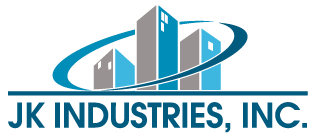Commercial building restoration and insurance compliance

There are lots of reasons to stay on top of commercial building maintenance and restoration, including saving money by catching problems early, conducting maintenance at planned intervals rather than during emergency situations, and keeping your building in good working order.
Safety is another primary reason for preventative building maintenance and restoration. Keeping up with building repairs helps create a safer work environment for all employees. Being proactive with your building repairs can also help encourage employees to take better care of their workplace.
Proactive building maintenance and restoration also factors into insurance compliance, and it offers a potential opportunity to save money on your insurance costs. Your commercial insurance policy likely covers things like wind, hail, and water damage (within certain parameters). But as part of that policy, your commercial insurance provider expects you to properly maintain your building to reduce the potential effects of such hazards.
If you end up with extensive damage to your exterior following a hailstorm, your insurance company may deny parts of your claim if they can show that you didn’t properly maintain the exterior. The same could be true of water damage, wind damage to the facade, or damage from an ice storm. But, if you can show that you conducted regular inspections, restored weathered areas, and applied appropriate sealants regularly, you’re more likely to be in full compliance with your insurance policy’s requirements for maintenance and restoration.
For some insurance providers, providing your proactive maintenance and restoration schedule may even result in discounts on your premium. If it’s time to review your commercial insurance policy, be sure to talk with your agent and your building maintenance team (or a trusted expert in the field of commercial restoration) to identify the necessary steps for full compliance with your policy, as well as any steps that may reduce your premiums.
